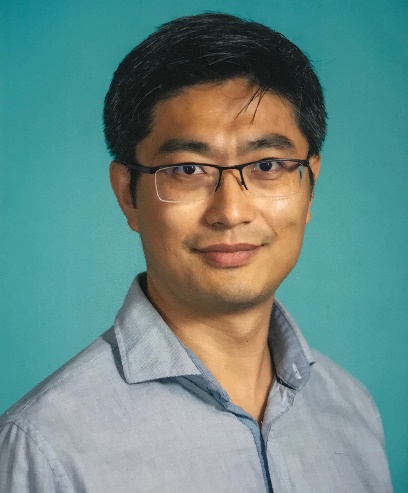(Lecture, September 20) Loughborough University Associate Professor Yang Huaiyu academic report notice
Title:Protein crystallization and biological crystallization in future biopharmaceuticals
Time: Friday, September 20, 2024 16:30-18:00 PM
Venue: Conference room 214, Building 16
[Biography]

Dr. Yang Huaiyu received his bachelor's degree from Tianjin University and his doctorate from the Royal Institute of Technology in Sweden in 2013. He then worked as a postdoctoral fellow and research assistant at the National Key Laboratory of Continuous Pharmaceuticals and Crystallisation at Imperial College London and the University of Strathclyde, and at GlaxoSmithKline UK. Professor Yang joined Loughborough University in 2018 and became Associate Professor in 2021. His main research direction is protein and small molecule drug crystallization, and he is committed to the development and research of small molecule drugs and large molecule protein drugs separation and purification and industrial production innovation process, and eventually popularize biological drugs and personal drugs. New biocrystalline technologies are being explored to produce and crystallize proteins in living cells, which belong to the intersection of synthetic biology and chemical engineering. Dr. Yang has published more than 60 high-level scientific research papers and participated in the compilation of 2 academic monographs. Dr. Yang is a member of several international conference organizations, the Chair of the 2024 International Crystallization Conference (organized by Loughborough University), and currently serves on the Young editorial Board of the Particuology and Green Chemical Engineering Journals.
[Abstract]
Crystallization is a common separation and purification technique used to separate solids from saturated solutions, and more than 90% of small molecule drugs are currently separated and purified by crystallization processes. However, due to the complex structure of proteins, the production and purification of protein drugs has always been a challenge, and the separation and purification process is time-consuming and expensive, often accounting for 70% of the total production cost. Therefore, the development of new crystallization technology to optimize the production process of protein drugs can not only improve production efficiency, but also significantly reduce costs, which is of great significance for future drug production and global health development. The presentation will focus on the development of protein drug crystallization technologies, including template technology, process amplification and the latest intracellular crystallization technologies. It will discuss how novel templates such as nanoparticle templates and bubbles of different sizes and types affect the protein crystallization process, as well as the precise control and optimization of the protein crystallization process through the PAT (Process Analysis Technology) tool. Finally, we discuss how to combine synthetic biology and protein crystallization technology to produce and crystallize proteins directly in living cells. This innovative technology is expected to break through the traditional separation and purification bottleneck, promote the revolutionary progress of protein drug separation and purification technology, significantly improve production efficiency, reduce costs, and thus promote the improvement of global health levels and the future development of the biopharmaceutical industry.
Announced by School of Chemistry and Chemical Engineering
